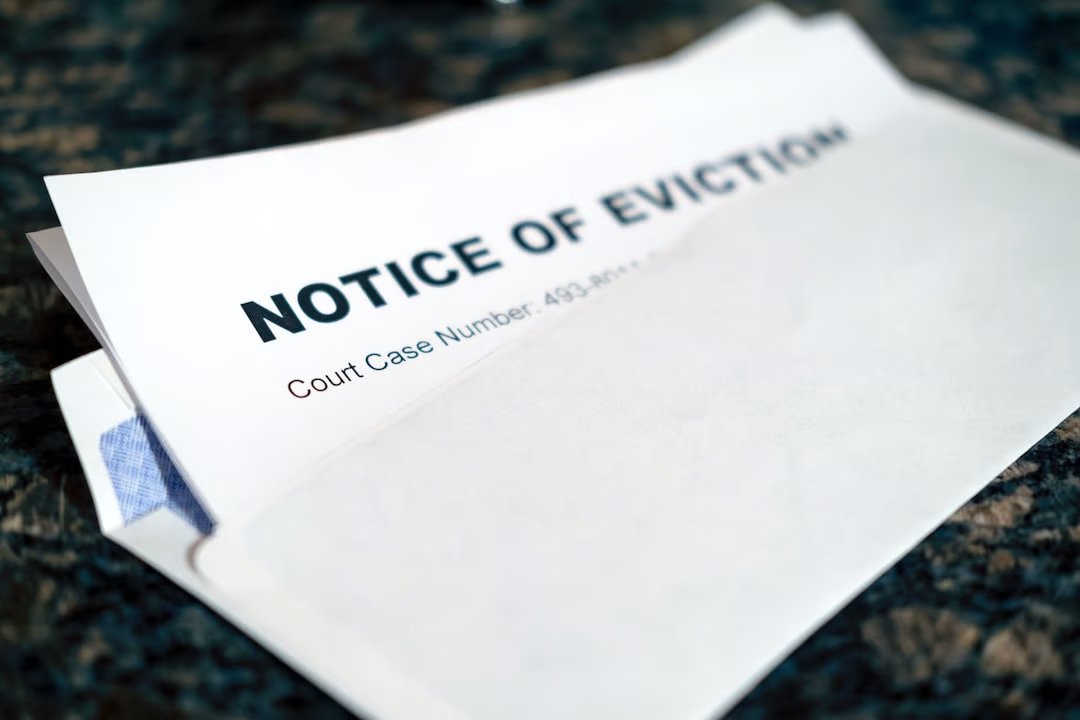Navigating Eviction Proceedings: A Legal Guide for Tenants Landlords
Eviction is often a stressful and confusing process, whether you are a tenant or a landlord. Questions often arise: What steps should be followed? What rights do both sides have? Understanding eviction laws and procedures can prevent costly mistakes and reduce tension during disputes.
By knowing the rules, both landlords and tenants can protect themselves and avoid unnecessary delays. This guide provides a clear overview of eviction proceedings, helping you understand rights, responsibilities, and the best ways to handle conflicts effectively.
Understanding the Basics of Eviction
Eviction happens when a landlord asks a tenant to leave a rental property. This usually occurs because of unpaid rent, property damage, or violation of lease terms. Tenants cannot be forced out without legal steps being followed.
Landlords must give proper notice before beginning an eviction case. Tenants, on the other hand, have the right to respond or challenge the eviction in court. Knowing these basic rules helps both sides prepare for what comes next.
The Rights of Tenants in Eviction Cases
Tenants have rights that protect them during eviction proceedings. They cannot be locked out without a court order, and landlords cannot remove belongings without approval from the court. Every tenant must receive proper notice before being asked to move out.
Tenants also have the right to defend themselves if they believe the eviction is unfair. For example, if repairs were ignored or if discrimination is involved, tenants can present evidence in court. Understanding these rights is key to ensuring fair treatment.
Landlord Rights and Responsibilities
Landlords also have legal rights that allow them to protect their property. If tenants fail to pay rent, cause damage, or break lease terms, landlords can begin eviction proceedings. They must, however, follow the law when starting the process.
This includes giving written notice and allowing the tenant time to respond. Landlords should also keep records of payment issues or property damage. By handling eviction properly, landlords can avoid delays and protect their investment.
Steps in the Eviction Process
The eviction process usually begins with a written notice from the landlord. If the tenant does not resolve the issue, the landlord can file an eviction case in court. Both sides then have the chance to explain their side before a judge.
Tenants should attend all hearings, as missing one could mean losing automatically. Landlords should also be prepared with documents and evidence. Sometimes, it may be helpful to hire a lawyer for commercial tenant evictions, since the process can be more complex than residential cases.
Finding Resolution Through Mediation or Court
Not all eviction cases need to end with a tenant being forced to leave. Mediation can sometimes help both sides agree on a solution. For example, a payment plan may allow tenants to catch up on rent while letting landlords recover what is owed.
If mediation fails, the court makes the final decision. Both landlords and tenants must follow the judge’s ruling. By exploring all options, disputes can often be settled with less stress and expense.
Easily Navigate Eviction Proceedings with These Tips
Eviction is never easy, but knowing the process can make it less overwhelming. For tenants, understanding rights ensures they are treated fairly. For landlords, following the law helps protect property and avoid costly mistakes.
Both sides benefit from clear communication, proper documentation, and, when necessary, legal guidance. By approaching eviction with knowledge and preparation, conflicts can be managed more effectively, reducing stress and uncertainty.
Looking for more helpful insights? Be sure to explore other articles on our blog for useful tips and guides on different topics.







